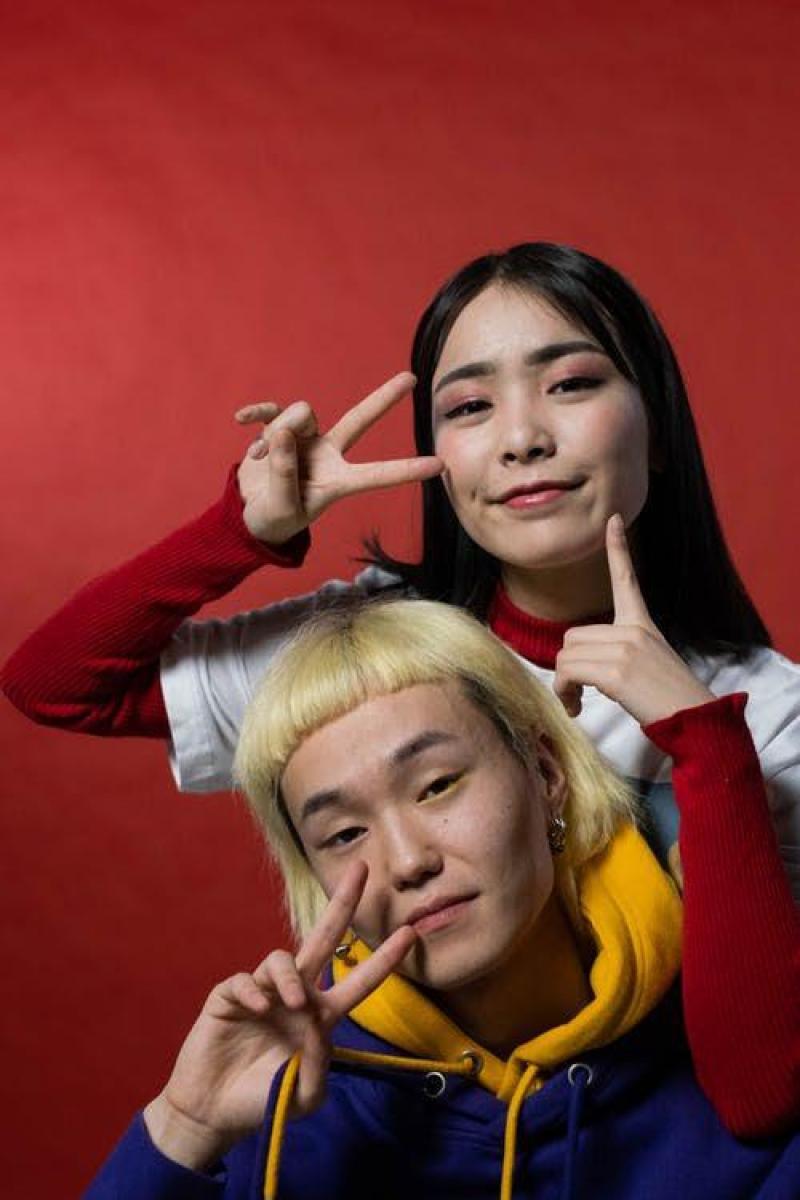
These Korean words are now part of Oxford English dictionary
The Korean culture's worldwide influence proves stronger than ever as 26 Korean words have been recently added to the Oxford English Dictionary (OED).
After reigning supreme in the music scene for more than a decade now, and after giving us new offerings to get hooked to when it comes to films, TV series, food, and fashion, it's safe to say that the Koreans have indeed dominated the world--but in a good way, of course!
Recently, OED, “the accepted authority on the English language,” announced that they have added 26 words of Korean origin to their latest edition.
In a statement it was said, "We are all riding the crest of the Korean wave, and this can be felt not only in film, music, or fashion, but also in our language, as evidenced by some of the words and phrases of Korean origin included in the latest update of the Oxford English Dictionary."
Some of the words that were earlier added to the OED are words with the K-prefix, which is used to refer to anything Korean. Among these are the words “K-pop,” which was included to the OED in 2016, as well as K-dramas and K-beauty products.
Check out the new Korean words added to the Oxford English Dictionary last September / Source: Pexels
Below are some of the September 2021 OED new entries of Korean origin and their definitions:
- aegyo, n. and adj. (first attested 1997) - cuteness or charm, esp. of a sort considered characteristic of Korean popular culture; behavior regarded as cute, charming, or adorable.
- banchan, n. (1938) - a small side dish of vegetables, etc., served along with rice as part of a typical Korean meal.
- bulgogi, n. (1958) - a dish of thin slices of beef or pork which are marinated then grilled or stir-fried.
- daebak, int. (2009) - expressing enthusiastic approval: 'fantastic!'; 'amazing!'
- Hangul, n.2 (1935) - the Korean alphabet, which consists of characters representing consonants and vowels composed in part of smaller elements representing phonetic features such as place of articulation, which are combined into larger units representing syllables.
- japchae, n. (1955)- a dish consisting of cellophane noodles made from sweet potato starch, stir-fried with vegetables and other ingredients, and typically seasoned with soy sauce and sesame oil.
- kimbap, n. (1966)- a Korean dish consisting of cooked rice and other ingredients wrapped in a sheet of seaweed and cut into bite-sized slices.
- oppa, n. (1963) - a girl's or woman's elder brother; a respectful form of address or term of endearment, and in extended use with reference to an older male friend or boyfriend; an attractive South Korean man, esp. a famous or popular actor or singer.
- taekwondo, n. (1962) - a Korean martial art particularly characterized by the use of a combination of kick movements in combat, and widely practiced as a sport.
- unni, n. (1997) - a girl's or woman's elder sister; a respectful form of address or term of endearment, and in extended use with reference to an older female friend or an admired actress or singer.
If you're a true hallyu fan, we're sure you're pretty familiar with most of these Korean words. Tell us which one is your favorite in the comments section, mga Kapuso.
For more lifestyle content, head out to GMA's Lifestyle page.
Speaking of Korean influence, have you recently gotten hook to the Netflix Series Squid Game? Get to know actress Jung Ho-yeon, who plays player no. 067 in the series in the gallery below.







